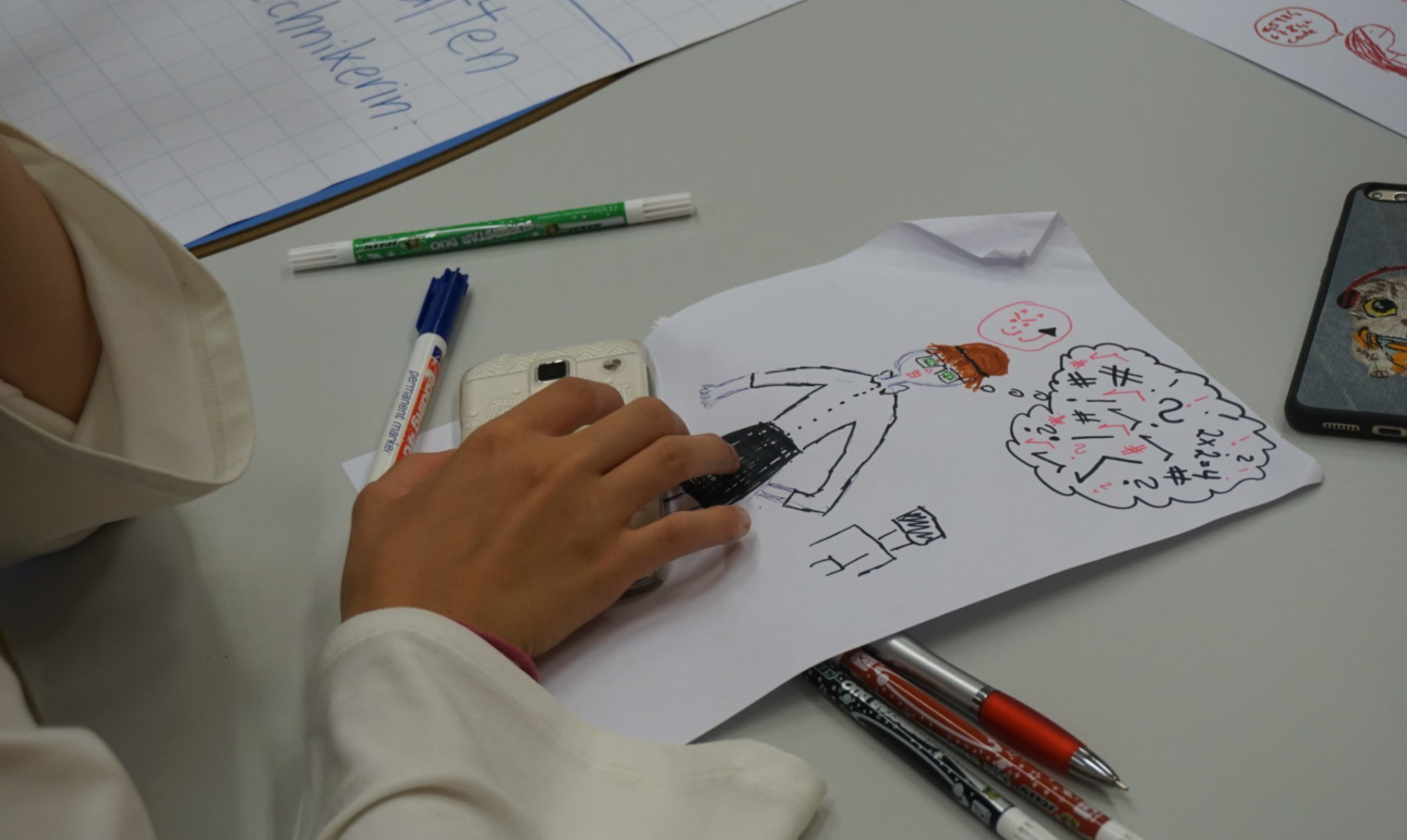Reference Format: Spieler, B. and Slany, W. 2019. Intersectionality and Computer Science Education: Building sensitivity and awareness.18th Annual STS Conference Graz 2019. In STS Conference Graz- BoA 2019r Research (ICGR’19). May 6-7, 2019, Graz, Austria.
Bernadette Spieler, Wolfgang Slany
Graz University of Technology, Graz, Austria
bernadette.spieler@ist.tugraz.at
wolfgang.slany@tugraz.at
Abstract: School is the only place that many young people will have the opportunity to engage with computer science (CS), to develop their knowledge, new ways of thinking and interest in this area. However, to inspire and engage students is a challenge for teachers especially to empower those who experience exclusion in technology (e.g., girls). While initiatives such as girls-only events have had much success, they are limited; including only a small percentage of the population and are not realistic in mixed-gender classrooms. Moreover, most students are not interested, or do not feel intrinsically motivated in learning about Computer Science (CS), thus, it is uncertain that they will join any tech related off-campus activities voluntarily or will not choose optional CS related subjects during their school time voluntarily. We argue that it is essential that our youth acquire computational thinking skills and in particularly learning about coding, is of great importance for building a positive economic, developmental, and innovative future. The next generation of jobs will be characterized by new standards requiring employees with computational and problem solving skills in all areas, even if they are not actual technicians. To address the issues that emerged, it is important to design computer science activities that take into account intersectionality and gender aspects in CS. Our approach presents an educational inclusive model which is informed by key literature from gender studies, computer science and the learning sciences, including findings from a large-scale European study and national projects together with educators, educational institutions, sociologists, and physiologists. Play, engagement, and creativity are key components of such inclusive CS activities and foster extrinsic and intrinsic motivators of young learners. The model should help to optimize coding activities for students, explore and apply potential motivators, and finally, show educators how to engage all students equally and make CS something that is accessible, meaningful, and fun for them. Moreover, teachers need to consider social constructs, which may exclude students at-risk from traditional or especially more male-oriented CS curricula. Key factors of the model include: 1) teaching fundamental principles of coding in a constructionist way, 2) presenting a realistic picture of the people and the work in IT professions, e.g., by introducing role models, and 3) building safe environments that provide room for self-expression and creativity.
Keywords: Computer Science Education, Constructionist Pedagogy, Gender and Intersectionality, Digital Equity, Pedagogical Issues
